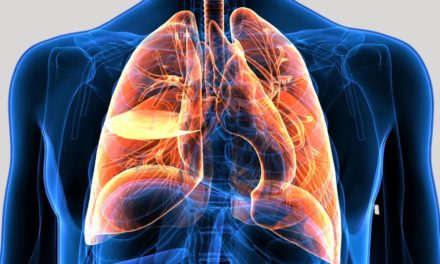Introduction
Sneezing is a common reflex that occurs when the body’s respiratory system responds to irritants or allergens. While sneezing is usually harmless, persistent or excessive sneezing can indicate underlying issues or triggers that require attention. In this article, we will delve into the world of sneezing, exploring its causes, effects, and potential treatment options. By fostering awareness and understanding, we aim to provide valuable insights into sneezing and empower individuals to manage and address this reflex effectively, leading to improved respiratory health and overall well-being.
Demystifying Sneezing
Sneezing is a involuntary reflex that ousts air from the lungs through the mouth and nose.
Causes and Triggers
Sneezing can result from various factors, including:
- Allergies to pollen, dust, pet dander, or mold
- Irritants like smoke, strong odors, or chemicals
- Viral infections (common cold or flu)
- Nasal congestion or irritation
- Changes in temperature or humidity
Identifying Symptoms
Sneezing is often accompanied by:
- A sudden, forceful expulsion of air
- Clearing of the nasal passages
- Temporary relief from irritation or discomfort
Effects on Individuals
Occasional sneezing is normal and necessary for clearing the respiratory system. However, excessive or persistent sneezing can disrupt daily activities and indicate an underlying issue.
Treatment and Management
- Allergy Management: Identifying and avoiding allergens can help reduce sneezing triggered by allergies.
- Nasal Irrigation: Rinsing nasal passages with saline solution can alleviate irritation and reduce sneezing.
- Antihistamines: Over-the-counter antihistamines can help control sneezing caused by allergies.
- Humidification: Using a humidifier can help maintain optimal humidity levels and reduce irritation.
Preventive Measures
Preventing excessive sneezing involves:
- Practicing good hand hygiene to prevent infections
- Minimizing exposure to known allergens or irritants
- Keeping living spaces clean and well-ventilated
Seeking Professional Help
Consult a healthcare provider if sneezing is persistent, severe, or accompanied by other concerning symptoms.
Conclusion
Sneezing, though a normal reflex, can be indicative of underlying triggers or conditions. By understanding its causes, recognizing triggers, and adopting a comprehensive approach to treatment, individuals can manage sneezing effectively and maintain optimal respiratory health. Through practical remedies, preventive strategies, and fostering a health-conscious environment, individuals can experience improved well-being and enjoy life without the discomfort of excessive sneezing. Let us stand united in raising awareness, advocating for proper care, and championing a world where everyone can manage sneezing effectively and breathe freely with optimal respiratory well-being.










